It is the duty of the police to maintain public order, including stopping property damage or fighting. In Australia, in dealing with the police, it is necessary to maintain respect and politeness, but also to defend their rights and interests in a reasonable, well-founded, legal and legal manner.
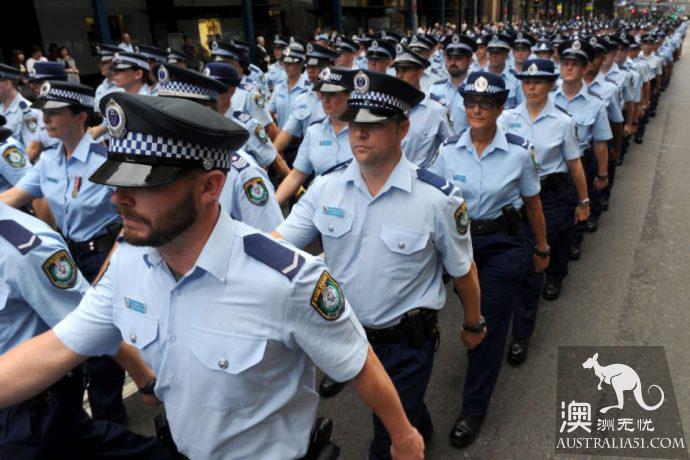
This article, released by the official release of the Chinese Embassy in Australia, introduces, in turn, information on seven aspects of Australian police questioning, search, seizure, arrest, detention, release and complaint. For Chinese citizens to understand the Australian police power and their rights and interests of the basic information.
Special reminder: there are slight differences between states and different cases. You can visit the official website of the state police or contact a lawyer.
Question (Being Questioned)
First, the police can stop you in the street for questioning. Before questioning, the police usually take the initiative to explain the reasons and inform him of his name, officer's card number, rank, police station, etc. Asking questions doesn't mean you've committed a crime yourself.
2. If the police ask basic questions such as your name and address, or require a photo document, they should usually cooperate. If you refuse to provide, or give a false name, address, you may be liable to a fine, or to extend your detention (if in custody), or to have an impact on bail.
Third, you have the right to remain silent about questions, but at some point you must answer police questions truthfully, or you may break the law. If you are not sure if you can answer questions, contact your lawyer. Whether or not to be questioned does not affect any possible charges against you by the police.
4. If you decide on your own or agree to be questioned after consulting a lawyer, please note that your dialogue with the police may be recorded and impossible to withdraw; remain calm, understand and answer questions correctly. Conversations with the police can be evidence of arrest or prosecution.
Five, after the interview, the police may ask you to sign the interview record. Please note that before signing, read carefully and do not sign documents that have errors or your disapproval. You have the right to request a copy of the interview record or a backup recording.
Sixth, if you do not speak English, you can ask the police to provide interpreters, including on-site translation and translation of questioning records. If you are underage, police questioning should take place in the presence of your parents or guardians.
Seven, the police may also ask you to come to the police station for questioning, but this requirement is not coercive. You will not be forcibly taken to the police station until you are formally arrested. Whether or not to go to the interview, advise to contact a counselor, but the lawyer does not represent you for the interview.
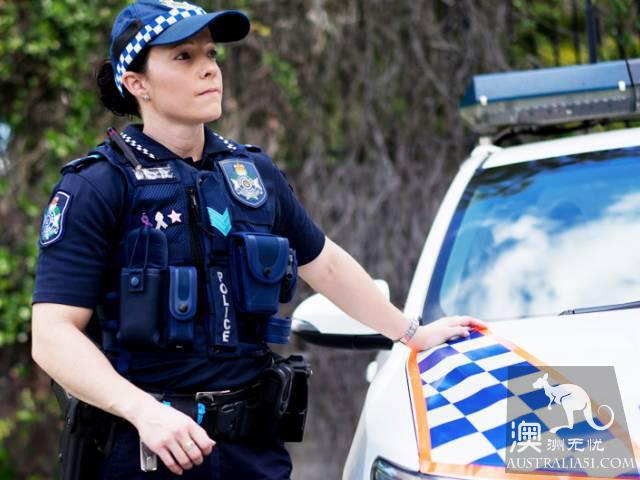
Search (Being Searched).
First, if you have a search warrant or with your consent, the police may search personal, belongings, homes, vehicles. In some cases, the police can do a search without a warrant or your consent. You can ask why, but you need to cooperate, and you can ask counsel for advice.
Second, the police responsible for the search should inform themselves of their name, rank, search reasons and so on. A search doesn't mean you've committed a crime. Refusal to cooperate or obstruct a police search mission may be charged with violating the law and punishable by a fine or imprisonment.
Third, if the police have reasonable grounds to suspect that you may be carrying the following items, even if you have not been arrested, the police may search: stolen or illegally acquired items; illicit drugs (drugs); tools that may be used in the commission of crimes; Dangerous goods, such as knives, weapons, etc
(IV) the police may also search your vehicle if it is suspected that the vehicle may be used for serious crimes; that the vehicle is in possession of theft or illegal acquisition of goods; that the vehicle is in possession of prohibited drugs (drugs); and that the vehicle is in possession of a criminal tool; Vehicles parked near schools and other public places may threaten public safety; there are suspects to be arrested by the police.
Fifthly, if a drug dog sniffs a drug in a public place, the police may search you. If the police enter the house on charges of domestic violence, they have the right to search and remove weapons, knives.
Sixthly, during a personal search, the police may tap your dress from top to bottom, require you to take off your coat and shoes, check your clothes and items, use electronic detection equipment, etc. Except in exceptional circumstances, strip checks should normally be carried out at the police station and searched by other same-sex police officers. A strip check should protect your privacy.
Seventh, the police may take the following measures to prevent possible mass public unrest: block areas, set up roadblocks, check documents, issue alerts, search people or vehicles, detain vehicles or mobile phones, declare no-alcohol zones, and prohibit alcohol trafficking. Disperse the crowd, etc The police can search people, objects and vehicles in the target area, even if they have nothing wrong with them.
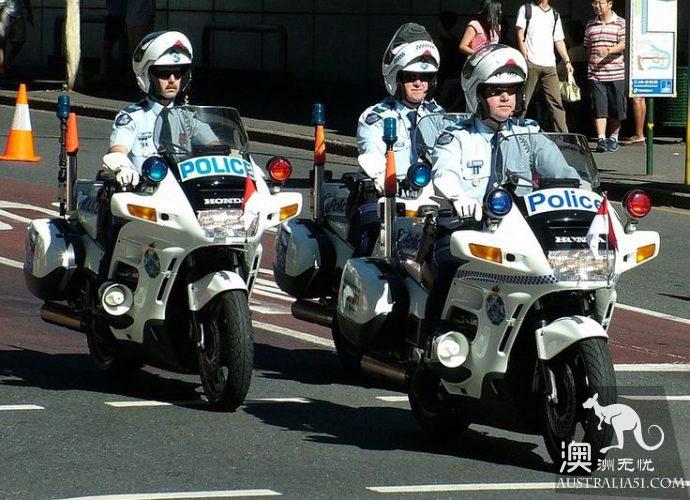
Seizure of (Being Seized)
1. In the course of a search, the police may, in accordance with the law, seal or seize property related to the case, or take away their personal belongings upon arrest.
Second, the main reasons for the police to seize property are: to ensure the security needs (such as the personal belongings of the arrested persons); to confiscate according to law (such as criminal tools or proceeds of crime); and to obtain evidence (such as evidence related to the case); An illegal possession of goods, such as drugs, weapons, etc.
Third, the police should usually issue a receipt for the seizure of property. If the police do not issue a receipt in a timely manner, they may obtain a receipt from the police on their own or by a solicitor in a timely manner.
Fourth, the police have the right to inspect seized articles.
5. After the investigation of the case, if the police or the court has not decided to confiscate or confiscate, you have the right to apply directly or through a lawyer to the relevant police station for the recovery of any property which is legally yours.
6. Forfeiture and illegal possession of goods (such as drugs, prohibited weapons or proceeds of crime) are usually not returned to them. Stolen property may be claimed by the owner.
If necessary, the owner of the property must produce a document of title or identity when taking away the police's property.
8. The police may, in accordance with the law, confiscate items that are not returned by the police and are unable to find the stolen items or illegally acquired items. The police may, according to law, destroy them or confiscate them through auctions by auction companies.
If it is difficult to retrieve the items, you may seek the help of a lawyer.
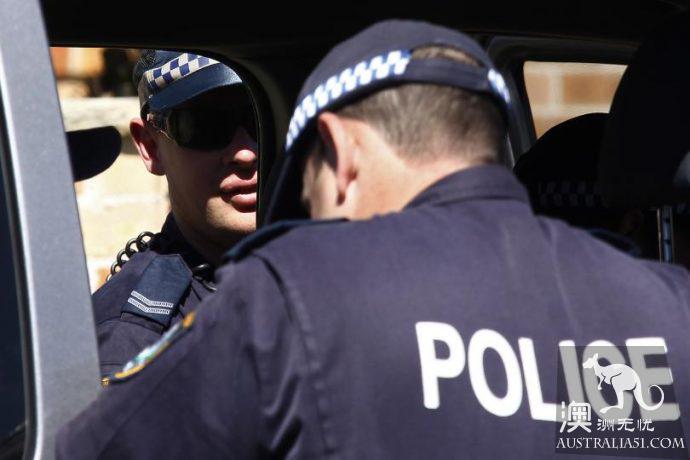
Arrest of (Being Arrested)
1. The main purposes of police arrest are: to stop illegal acts; to verify your identity; to ensure attendance at court trials; to preserve or prevent falsification of evidence; to stop nuisance of witnesses; to protect the safety of persons or property of others; and to prevent escape; Control personnel for questioning, etc.
Second, arrest police should tell you: you have been arrested, the reason for the arrest, his name and rank. If the police do not provide this information, and do not argue, you can also complain to the police afterwards. You can also ask and confirm, "am I under arrest?", "Why am I arrested?"
Third, police arrest may produce arrest warrants, but not all arrests require the production of arrest warrants. Even if you are innocent, the police may arrest you for what they see as reasonable suspicion that you have committed a crime. With the advice, you still have a chance to defend yourself in court.
Fourth, it is illegal to resist the arrest of you or another person by the police. The police may use reasonable force such as handcuffs to arrest you. Trying to escape can be used as evidence that you are aware of the crime yourself. Violent revolt arrest, may be charged with assault on the police.
Five, if you are not an Australian citizen, you should inform the police immediately. The police should allow you to contact the embassy or consulate general.
After being arrested, the police can search you on the spot or at the police station.
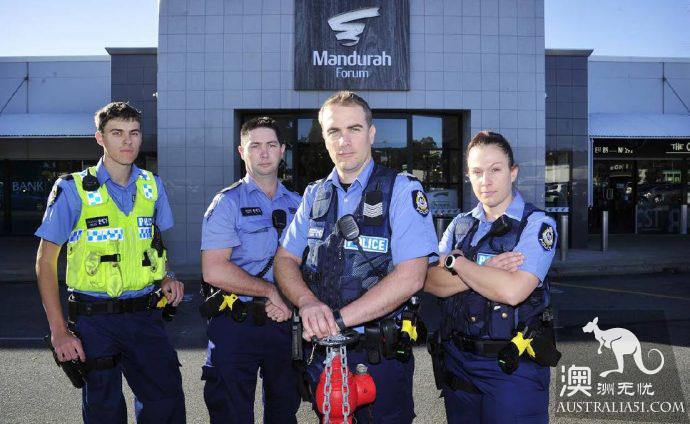
Admission of (Being Held in Custody)
First, after being arrested, they are usually taken to the police station, detention center or detention center. During the detention period, the police will continue to question you or collect evidence, such as searching you and your belongings, searching your personal belongings (issuing receipts), leaving palmprints, fingerprints, handwriting, footprints, DNA samples, photographs or measurements of height and so on.
Second, while in custody, you have the right to contact or see a lawyer for assistance. Detention centres are generally not allowed to meet guests. If the detention center agrees, the family can send it to change clothes. If transferred to a detention centre, visitors can be met during the prescribed visiting hours. No smoking. Medication must be approved by specially authorized medical personnel.
Third, the police can only control your detention within the legal time limit. For example, there are only 8 hours in Kunzhou, but it can be extended by law. If beyond the maximum time and the police still find no evidence against you, you should be released.
Four, you can usually ask for phone contact with your family and friends. However, the police may reject your request to speak to friends and relatives: the other party to the crime may be at large; the evidence may be lost or tampered with; others may be in danger.
Five, if the police ask you to line up and let witnesses identify suspects, you have the right to refuse, but the police may still allow witnesses to be identified by photographs.
Sixth, if you are not an Australian citizen, you have the right to contact the Embassy or Consulate General.
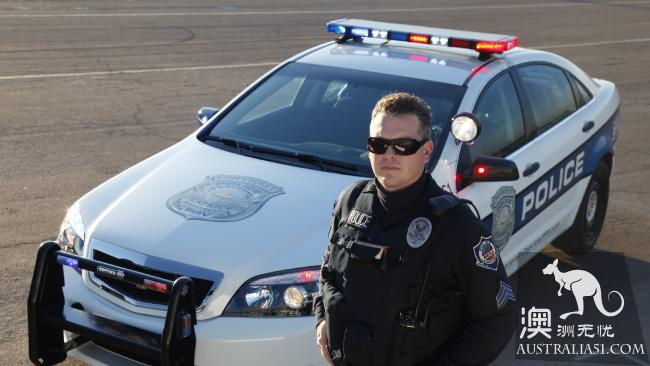
Release (Being Released)
Being detained does not necessarily mean that you will be prosecuted. The police should decide whether to release them directly, release them on bail, or continue to detain you.
One, release on the spot. In some cases, such as at a demonstration, the police may arrest you on the spot to move further away from the scene, ask for personal information, and then release it on the spot. The release may not be a police conviction that you actually committed a crime, or it could be just to clean up the scene.
The police may also contact prosecutors and take time to decide whether to prosecute you. In such a case, the police should be provided with your mailing address so that they may send you a summons when they decide to prosecute, and the court may also notify you of the date of appearance. The wrong address may not be notified and the court may pronounce in your absence.
Second, police bail. In most cases, you have the right to apply and get bail from the police. Bail sometimes requires no mortgage money but a corresponding commitment, such as a promise to report to the police; to attend a court trial; to hand over your passport; to change your address to notify the police; and so on.
Third, court bail. If the police refuse to bail, you will be transferred to court. You can apply to the court for bail. With the consent of the court, you may leave after signing the bail pledge. Involving large amounts of drug trafficking, serious crimes involving the use of weapons are usually not allowed to be released on bail. If you are denied bail by a court, you will also be in custody for some time until the next hearing.
4. Breach of bail promise or condition, forfeiture of bail, if any, and re-admission, and usually no further application for bail.
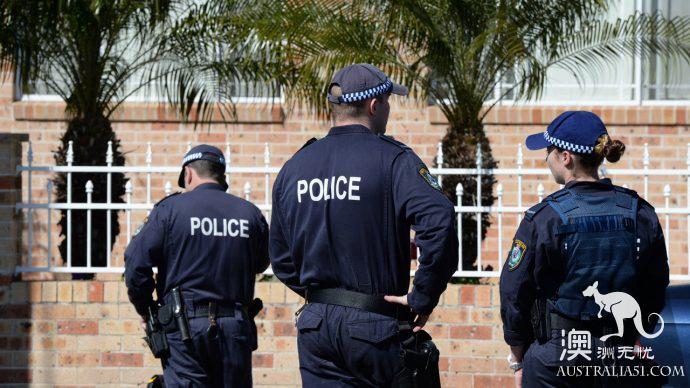
Complaint against (Complaining)
The law allows for the proper use of force or other necessary measures by the police in enforcing the law. If you consider the use of force by the police improperly (such as vandalism or injury to you) or any other abuse of power, try to record the identity of the police officer, the course of the incident, the taking of photographs of the damage to the property, and a medical examination. And get the contact details of the witness at the scene.
You can sue after the event by legal means, or you can file a complaint in the following ways. When complaining, please provide the name, rank, number, name of the police station, and the time, place and process of the incident. If you have an eyewitness, contact him or invite him to testify with him.
First, go directly to the local police station to meet with the officer on duty or the person in charge.
Second, contact the Federal Ombudsman's Office at (Ombudsman's office): 1800 451,524.
Third, minors under 18 years of age can contact the Youth legal Helpline (Legal Aid Youth Hotline): 1800 10 18 10.
Fourthly, the website of the L ä nder Police is as follows:
- Capital Territory: https://www.police.act.gov.au
- Northern Territory: http://www.pfes.nt.gov.au/Police.aspx
- New South Wales: http://www.police.nsw.gov.au
- Victoria: http://www.police.vic.gov.au
- Tasmania: http://www.police.tas.gov.au
- Western Australia: https://www.police.wa.gov.au
- Queensland: https://www.police.qld.gov.au
- South Australia: https://www.police.sa.gov.au

